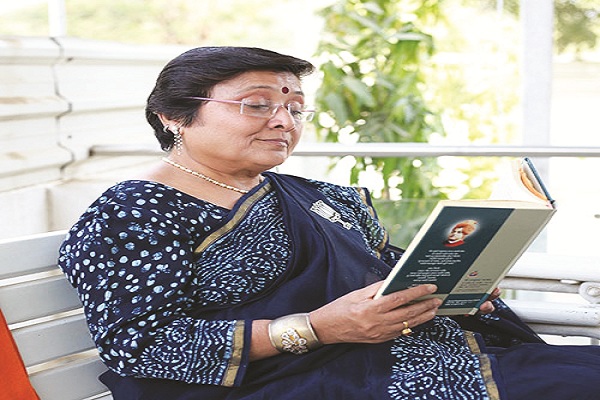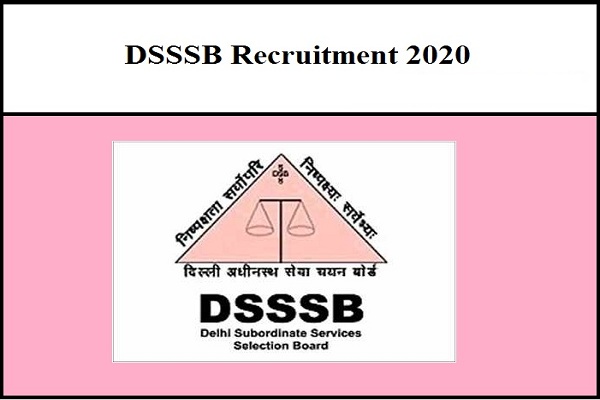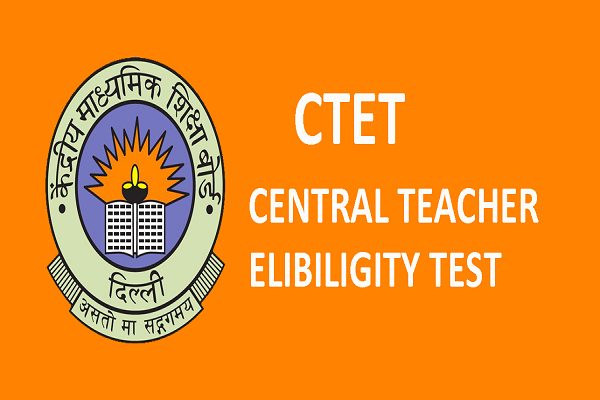In an exclusive interview with the Elets News Network (ENN), Vibhavariben Vijaybhai Dave, Minister of State (Women & Child Development, Education (Primary & Higher Education) & Pilgrimage), Government of Gujarat, shares her insights on the various measures taken by the Education Department, Government of Gujarat to promote the all- round development of the youth in the state, apart from providing them with affordable and accessible education, and employment opportunities.
What is the mission of Gujarat’s State Education Department?
Founded in 1960, Gujarat’s Education Department looks after primary, secondary, higher and technical education in the state. The department forms policies on education, supervises implementation and issues orders in the form of guidelines. Its mission is to continuously push education and literacy, and make the best use of investments in education sector for the purpose of development andimprovement in the quality of implementation.
Has the Education Department taken any steps to foster a culture of high-quality research in the H&T educational institutions of Gujarat? Also, are there any dedicated faculty training and development programmes being run in the state?
To make continuous improvements in the research methodology and to educate the faculties on contemporary enhancement in research and innovations, multiple Research Methodology Workshops have been organised in the state. Since the year 2014 till present, around 32 research workshops have been organised in the state in which as many as 1260 faculties participated. Furthermore, more than 1050 research papers/ articles on various subjects have been uploaded on the the Knowledge Consortium of Gujarat (KCG’s) E-Journal website which has recorded above 3,84,868 visitors till date.
To keep the college/university faculties updated on the latest developments taking place in the field of education across the world, the Education Department is running multiple Faculty Development Programmes. Their main objective is to educate the faculties on the contemporary developments taking place in pedagogy, methods and technology with regard to the teaching-learning process. From the year 2017 till 2019, a total 17 Faculty Development Programmes were organized at KCG in which as many as 730 faculty members participated from across the state.
Have you taken any steps to make education loans less demanding for students?
From the year 2017, the Department has launched an“Interest Subsidy Scheme on Education Loan” to provide a 100 percent interest subsidy on education loans till their moratorium period (one year of course and one year more) to students studying in higher education institutions in India or abroad.
Students whose family annual income is less than Rs 6,00,000 and who have secured more than 60 percentile in Class 12 from a recognised Board in Gujarat, and have taken admission in any Indian or Foreign Universities, are eligible to get interest subsidy on an Education loan up-to Rs 10 lakhs till its moratorium period. Every year after 31st March, the amount of interest will be deposited directly in the loan account of the applicant till date, above 14 lakhs worth of interest subsidies have been disbursed to 90 students of the state.
Are there any initiatives taken by the department to provide global career opportunities and counselling to students in the state?
To provide information regarding career opportunities available in India and Abroad as well as to provide guidance and solve problems regarding career opportunities, a “Global Career and Admission Counselling Centre” has been established at KCG. In this centre, students will be provided information about various courses available, competitive/entrance exams and study-abroad programmes. The said will be provided through individual or group counselling. The Career Counsellors working at the centre have been selected carefully amongst a group of experts in the field after going through an interview with the administration.
Has the Gujarat Education Department taken any measures for the cultural development of students in the state?
The colleges and universities across Gujarat will have to focus on various areas of education, art and knowledge to achieve manifold progress of the youth. To realise this undertaking, the department has launched a student cultural development programme called ‘Saptadhara’. The programme provides a cultural platform to students of higher education where they can feel the bliss of creativity. As the name suggests, Saptadhara is a collection of seven bands of activities (Dharas), including Gyan (Knowledge), Sarjanatmak Abhivyakti Dhara (Creative Expression), Rang Kala Kaushalya Dhara (Fine Arts), Naatya (Theatre), Geet, Sangeet, Nritya dhara (Music and Dance), Yog Vyayam ane Khelkud (Yoga and Sports), and Samudayik Seva (Community/Social Service).
To pursue advancement of our economy, promoting innovation among students and encouraging them to create jobs by making start-ups has become an important goal for the policymakers. Has the Education Department taken any initiatives in this regard?
Gujarat Education Department has taken a bold measure to create an end to end student start-up ecosystem through its Student Start-up and Innovation Policy (SSIP). The objective of SSIP is to crystalise the ideas and innovations of young mind.
Under this policy, more than 500 workshops have been conducted to sensitise the students by explaining all the intricacies involved in building and maintaining a start-up. The workshops have also been held to welcome their ideas, and teach them how to file for Intellectual Property Rights (IPR) for the protection of their innovations. Furthermore, an “IPR Guideline for Academia in Gujarat” is being developed to streamline the efforts around IPR in Academia, while supporting innovators and Start-ups.
As a part of the SSIP endeavour, a “Smart Gujarat for New India Hackathon” was initiated in 17 departments of the Government of Gujarat wherein 213 challenges were shared among all the students across Universities for finding innovative solutions. The problem statements were called from all MSMEs, industries, corporates, public sector enterprises and allied organisations for scouting real life digital challenges being faced by the industries; The Hackathon involved 36 hours of non-stop problem solving efforts put in by the students.
























